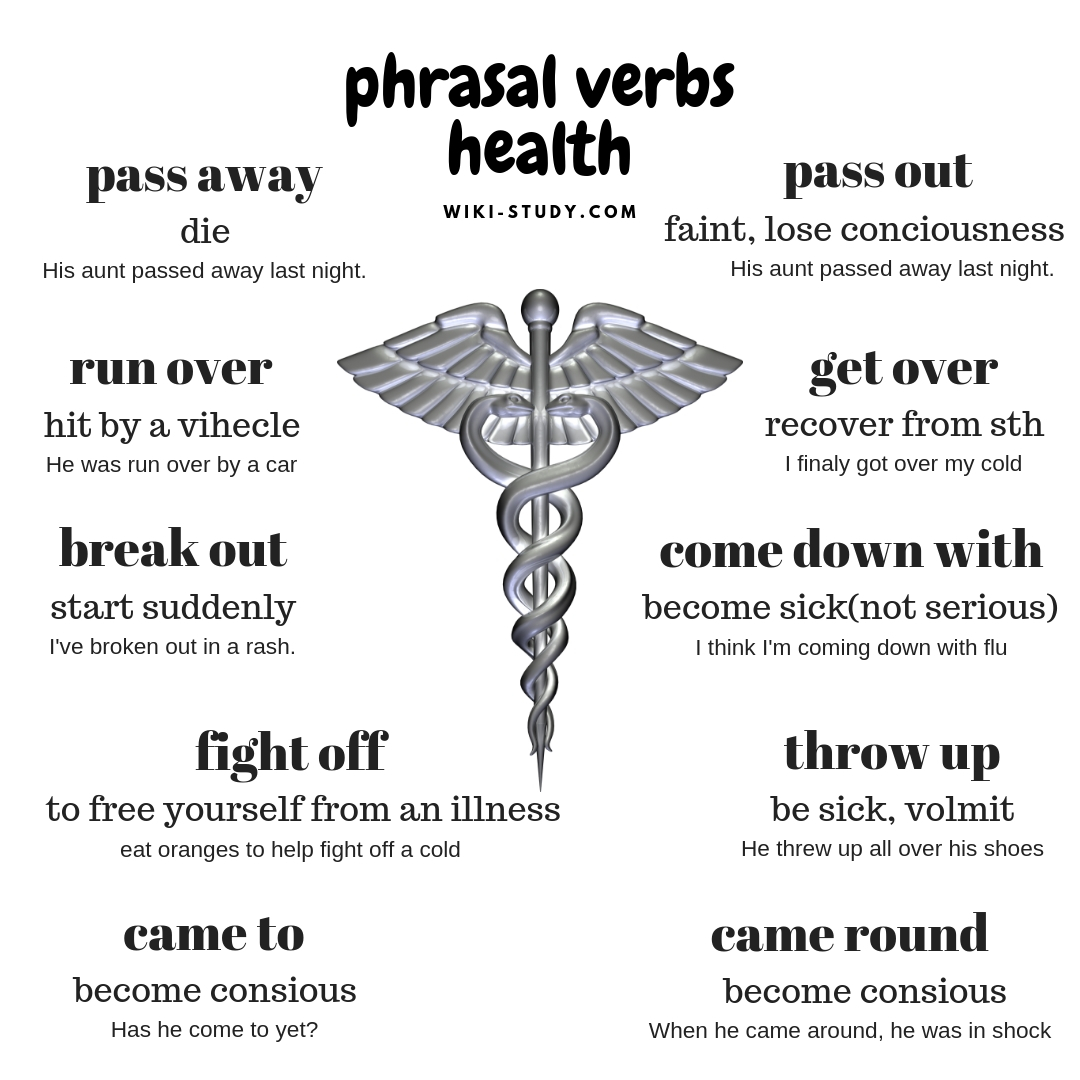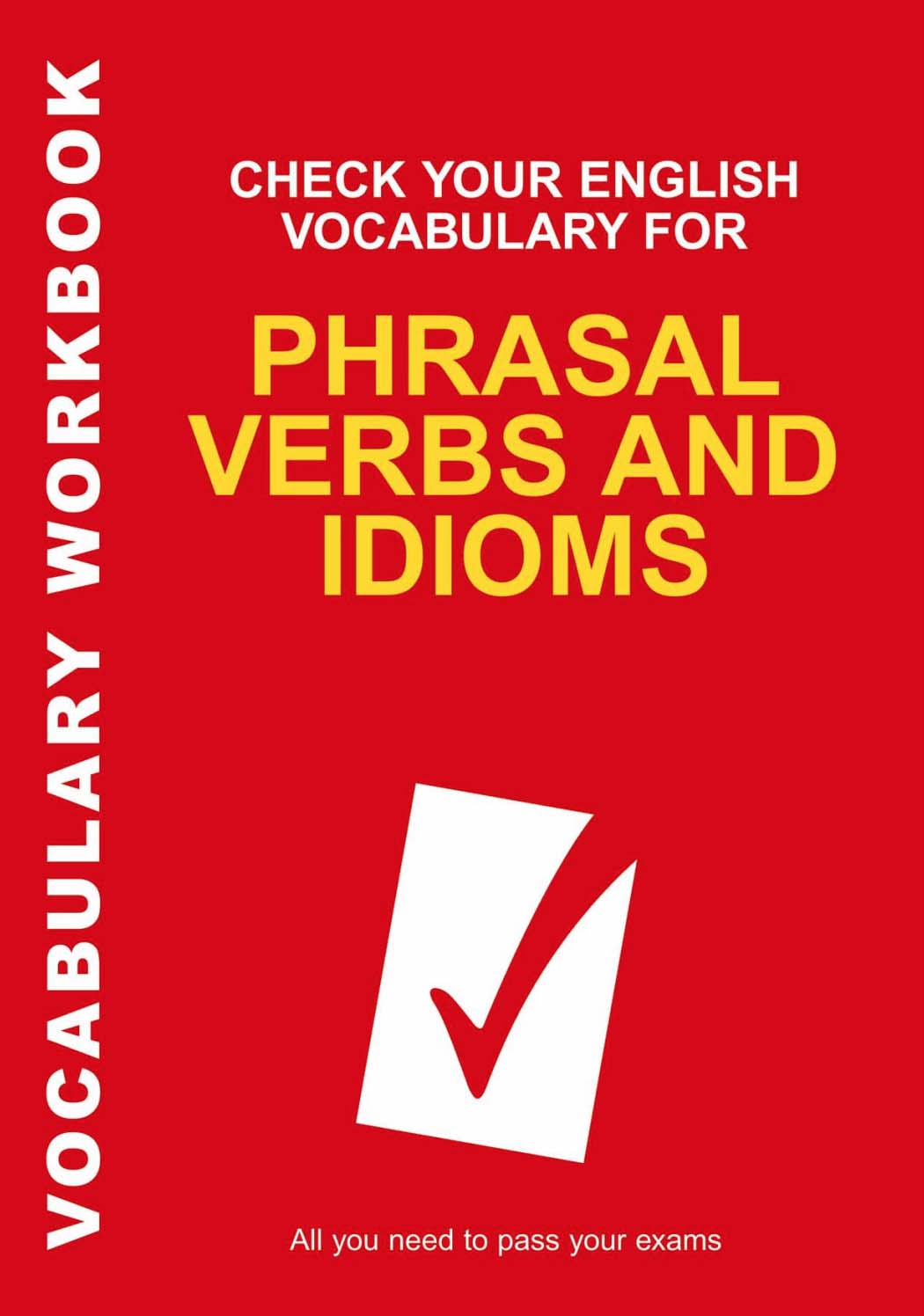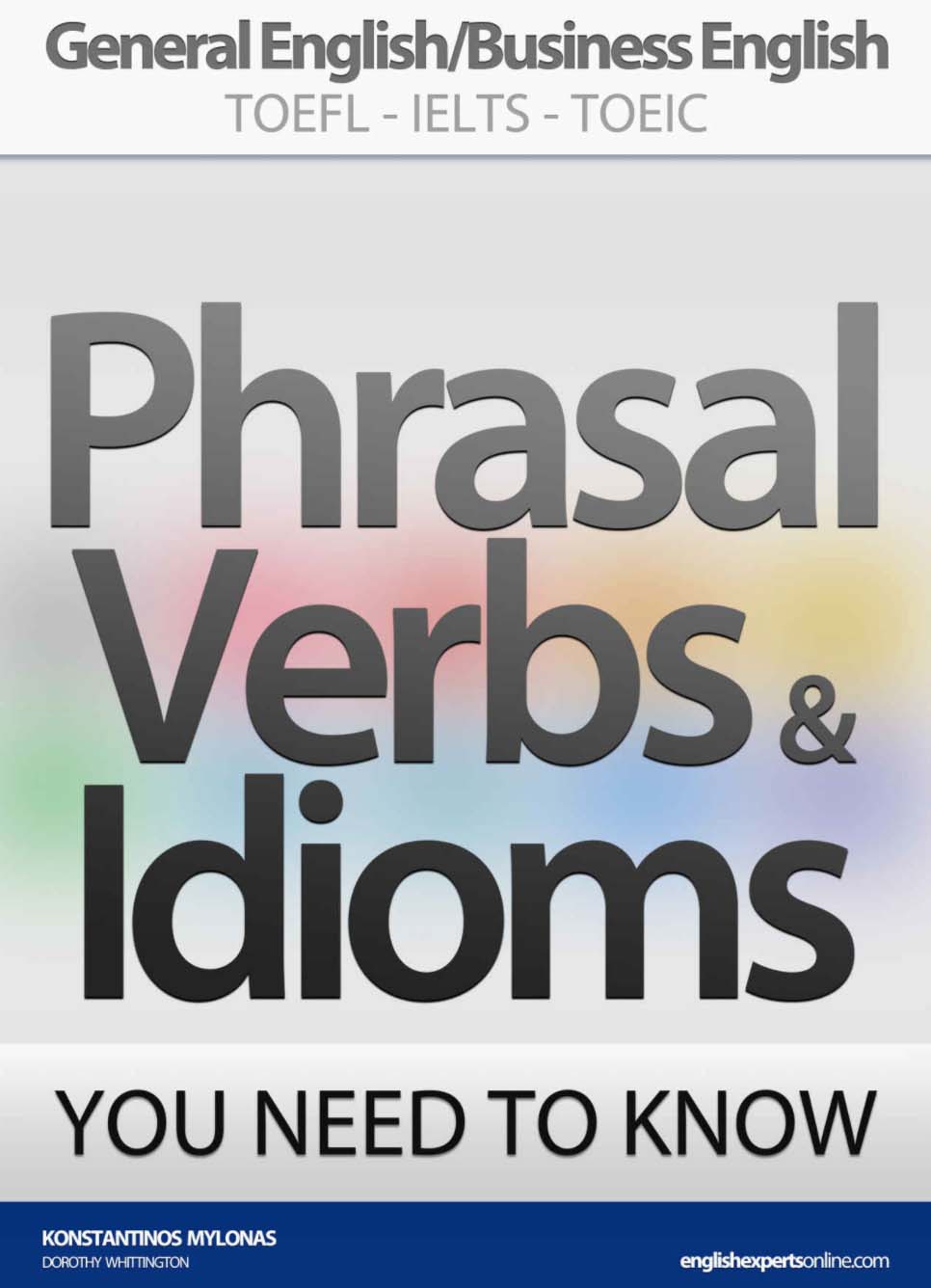What Are Phrasal Verbs?
Phrasal verbs are formed by linking one verb to another word (typically a preposition or an adverb). The result is a new expression that has a different meaning from the original verb.
They are very frequently used in English in both speaking and writing. According to the “Longman Grammar of Spoken and Written English,” phrasal verbs occur:
- 1900 times per million words in fiction
- 1800 times per million words in conversation
- 1400 times per million words in newspapers
- 800 times per million words in academic writing
You will be doing academic writing for the TOEFL, so you can expect to see and use plenty of these handy verbs.
You may have heard that phrasal verbs are more informal, but this is not true for all of them. Not all phrasal verbs are created equal. Actually, like all words or expressions, they can be informal, formal or neutral.
Informal phrasal verbs are mainly used with people we know very well like close friends. Formal phrasal verbs can be used in situations that are more official, academic or professional. Neutral phrasal verbs can be used safely in almost all contexts.
How Phrasal Verbs Can Help You on the TOEFL Exam
Because phrasal verbs are used quite frequently in conversational English, understanding them will help you a lot on the listening and speaking sections of the TOEFL exam in which you listen to people talking to each other.
Most conversations on the TOEFL exam in both speaking and listening sections are between students discussing campus related topics. These conversations are generally neutral towards informal, so you may hear quite a few phrasal verbs.
You may want to use neutral to formal phrasal verbs in writing in both the independent and the integrated task and probably in speaking as well. You should avoid very informal ones as the general tone of the TOEFL exam is academic. That is why the phrasal verbs in the list we have here are suitable for both neutral and formal English.
A Few Rules for Using Phrasal Verbs Correctly
When you decide to use phrasal verbs in speaking or in writing, make sure you use them correctly.
Phrasal verbs can be separable or inseparable, depending on whether you can use other words between the verb and the particle. With separable phrasal verbs you can use other words between the verb and the particle, while with inseparable phrasal verbs you cannot insert other words between them.
Examples:
Look the word up! (look up is a separable phrasal verb)
You should look into the matter. (look into is an inseparable phrasal verb)
Phrasal verbs can also be transitive or intransitive, depending on whether you can use an object with them. Transitive verbs take an object, while intransitive verbs cannot.
Examples:
I made that story up. (story is the object of the phrasal verb made up)
My car broke down. (broke down is intransitive, it cannot take an object)
In the case of transitive verbs with really long objects, we can move the object between the verb and the particle if we replace the object with a shorter word. This is called shifting.
Example:
She made up a very funny story. (a very funny story is a long object)
She made a very funny story up. (correct, but the object is too long to comfortably place it between the verb and the particle)
She made it up. (we replace the object, a very funny story, with it and we can move it between the verb and the particle)
Now that you know these important rules, you can start learning some phrasal verbs!
30 Handy Phrasal Verbs to Help You Succeed on the TOEFL Exam
The following list contains 30 phrasal verbs that can be used as either neutral or formal words, so you can confidently use them in academic contexts like the TOEFL exam.

30 Handy Phrasal Verbs to Help You Succeed on the TOEFL Exam
1. Account for
Meaning: To explain the reason for
Type: Inseparable
Example: Increased pollution may account for climate change.
2. Adhere to
Meaning: Obey
Type: Inseparable
Example: You must adhere to the terms of the contract.
3. Allude to
Meaning: Mention in an indirect way
Type: Inseparable
Example: She kept alluding to our agreement, but she didn’t want to reveal it.
4. Bring on
Meaning: To cause something bad to happen, especially illness
Type: Separable
Example: His heart condition was brought on by his diet.
5. Bring up
Meaning: To start discussing a subject
Type: Separable
Example: She brought the matter up very late so they didn’t have time to discuss it properly.
6. Come about
Meaning: To happen, especially by chance
Type: Inseparable
Example: Increased unemployment has come about through automated production.
7. Cut back
Meaning: To reduce
Type: Inseparable
Example: They are cutting back expenses.
8. Do without
Meaning: To succeed in living or working without
Type: Inseparable
Example: We can do without help from you.
9. Embark on
Meaning: To start a new project or activity, usually one that will be difficult or take time
Type: Inseparable
Example: After graduating from university, she embarked on a career in banking.
10. Follow through
Meaning: To continue doing something until it has been completed
Type: Inseparable
Example: You will need to follow through with some reading if you want to master the subject.
11. Frown upon
Meaning: To not approve of something
Type: Inseparable
Example: Failure to attend classes is frowned upon.
12. Get across
Meaning: To make people understand something
Type: Separable
Example: The teacher managed to get across how important it was to attend lectures.
13. Get around
Meaning: To be heard by a lot of people
Type: Inseparable
Example: News of his promotion got around very fast.
14. Get at
Meaning: To try to suggest something without saying it directly
Type: Inseparable
Example: What are you getting at? Was my presentation too long?
15. Get back
Meaning: To start doing something again after not doing it for a period of time.
Type: Inseparable.
Example: Let’s get back to discussing how this happened.
16. Look forward to
Meaning: To feel happy about something that is going to happen
Type: Inseparable
Example: I’m looking forward to meeting you later.
17. Look into
Meaning: To try to discover facts about something
Type: Inseparable
Example: After several customers complained about late deliveries, they decided to look into the matter.
18. Make of
Meaning: To understand someone or something in a certain way
Type: Inseparable
Example: What do you make of the teacher’s decision to shorten this course?
19. Map out
Meaning: To plan in detail how something will happen
Type: Separable
Example: Her career was mapped out for her when she decided to take that job.
20. Meet up
Meaning: To come together with someone
Type: Inseparable
Example: Let’s meet up and discuss how we are going to go about this project.
21. Narrow down
Meaning: To reduce the number of possibilities
Type: Separable
Example: The detectives narrowed down the list of suspects to just two.
22. Put forward
Meaning: To suggest an idea, opinion so that it can be discussed
Type: Separable
Example: The proposals were put forward last week, but the committee didn’t have time to discuss them.
23. Put off
Meaning: To delay doing something especially when you don’t want to do it
Type: Separable
Example: Are you putting off writing that essay because you can’t concentrate right now?
24. Resort to
Meaning: To do something unpleasant in order to solve a problem
Type: Inseparable
Example: We must resort to legal action of they don’t offer compensation.
25. Rule out
Meaning: To stop considering something as a possibility
Type: Separable
Example: The CEO said that yearly bonuses can be ruled out in light of the financial crisis.
26. Run by
Meaning: To tell someone your ideas so they can give you their opinion
Type: Separable
Example: I have a few ideas for tomorrow’s meeting. Can I run them byyou?
27. Talk out of
Meaning: To persuade someone not to do something
Type: Separable
Example: Her parents talked her out of living in a rented flat.
28. Think over
Meaning: To consider a problem carefully
Type: Separable
Example: You should think it over before handing in your resignation.
29. Turn out
Meaning: To develop in a particular way
Type: Inseparable
Example: The presentation turned out well, considering how little you prepared for it.
30. Verge on
Meaning: To almost be in a particular state
Type: Inseparable
Example: His speech was so good, it was verging on genius.
Understanding and using phrasal verbs are great ways of making your English sound more natural and native-like.
Once you start using them on the TOEFL exam as well, you’ll start feeling more confident about your language level!









